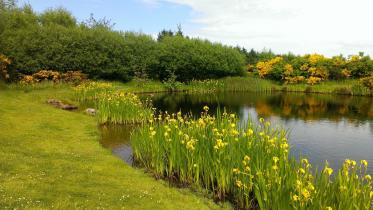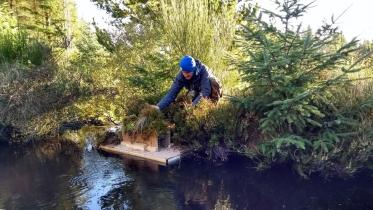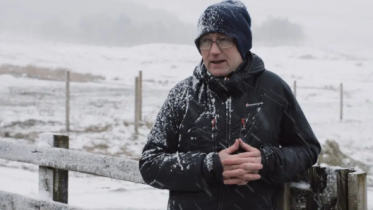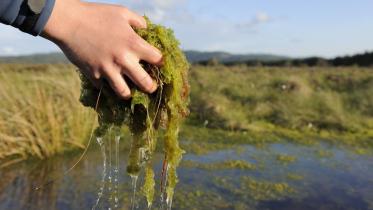SAC Expert panel members
SAC Expert panel members provide expert advice on scientific matters, review reports and other papers, and contribute to reviews.
Scientific Advisory Committee Expert Panel Terms of Reference.
Professor Richard Ennos
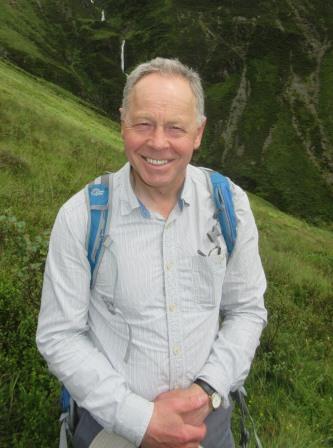
Richard Ennos is a Professor of Ecological Genetics and now Honorary Fellow at the University of Edinburgh. His broad research interests centre on the integration of genetic and evolutionary approaches into ecology, with special emphasis on how this can contribute to better guidance for conservation and management of plant, and particularly forest tree populations.
Much of Richard’s research has been based in Scotland and has involved native plants (twinflower, aspen, Arran whitebeams) and communities (native woodlands) of conservation concern. Current interest is in developing sound policies for facilitating genetic adaptation of native tree populations to the twin threats posed by climate change and emerging pathogens.
Richard has long running collaborations with the Royal Botanic Garden Edinburgh, the Centre for Ecology and Hydrology, and Forest Research. He is also a visiting Professor at SRUC.
Professor Rob Briers
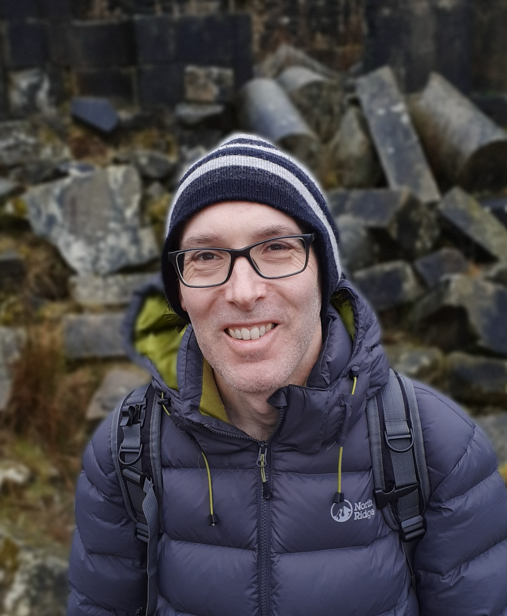
Rob Briers is Professor of Ecology and Biodiversity in the School of Applied Sciences and Centre for Conservation & Restoration Science, Edinburgh Napier University. His research focuses on how and why biodiversity and environments vary across space, from local to global scales, working mainly in aquatic ecosystems. Rob has a strong applied focus to his research and has current research interests in urban pond biodiversity and conservation, blue carbon in both tropical and temperate ecosystems and impacts of anthropogenic noise in aquatic ecosystems.
Professor Rob Marrs
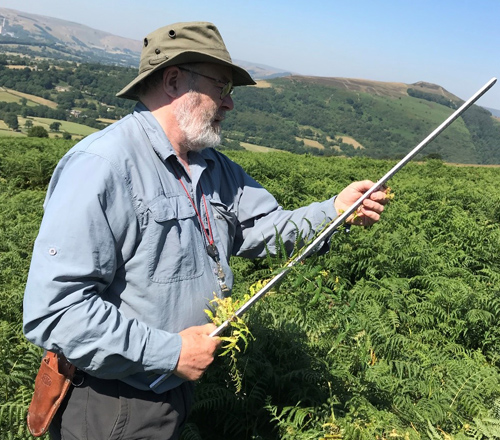
Rob is the Emeritus Bulley Professor of Applied Plant Biology at the University of Liverpool. His broad research interests are restoring and conserving plant communities, with most work done in the British uplands. Much of his research has involved the use of manipulative management treatments in long-term experiments.
Current research involves experiments on bracken recovery after long-term control treatment and the long-term effects of the removal of sheep grazing in a range of upland plant communities.
Rob has long-running collaborations with the UK Centre for Ecology & Hydrology, the James Hutton Institute (where he holds an Honorary Fellowship) as well as the Environmental Change Network and the Ecological Continuity Trust. He is Vice-Chairman and Trustee of the Field Studies Council.
Dr Laszlo Nagy
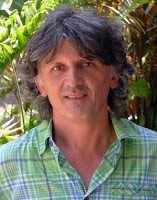
Laszlo is a Lecturer at the University of Campinas, Brazil. Prior to this, he was Science Coordinator of the Large-scale Atmosphere-Biosphere Programme in Amazonia, and held various positions in the British Isles and Europe, while pursuing a career as an independent researcher in Scotland over 20 years.
Currently, Laszlo leads a long-term social-ecological research (LTSER) programme in the south-east Brazilian mountains (Serra da Mantiqueira Range), with components ranging from climate change, nitrogen deposition, land use, biogeochemistry and ecology of terrestrial and freshwater ecosystems, to stakeholder involvement in conservation and environmental education. His books include Alpine Biodiversity in Europe (2003) and The Biology of Alpine Habitats (2009).
He is a member of the Scientific Steering Committee of the Global Mountain Biodiversity Assessment and Editor-in-Chief of Plant Ecology & Diversity.
Dr Roy Neilson
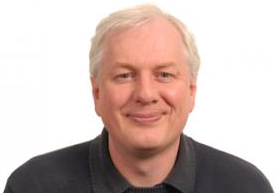
Roy Neilson is a soil ecologist at the James Hutton Institute where he leads the Plant-Soil Interactions Research Group. Roy has a long-standing interest in the impact of land use change, management practices and environmental drivers on soil function and biodiversity to support resilient production ecosystems.
Roy is a strong advocate of strengthening the evidence base to support informed decision-making, practice, and adoption of land management practices to maintain and protect soil function and its biodiversity, and this includes the development of indicators to monitor change.
In addition to Scottish systems, Roy has worked in agricultural, forest and natural systems in Europe, Asia, Africa, and the Americas.
Dr Rob Ogden
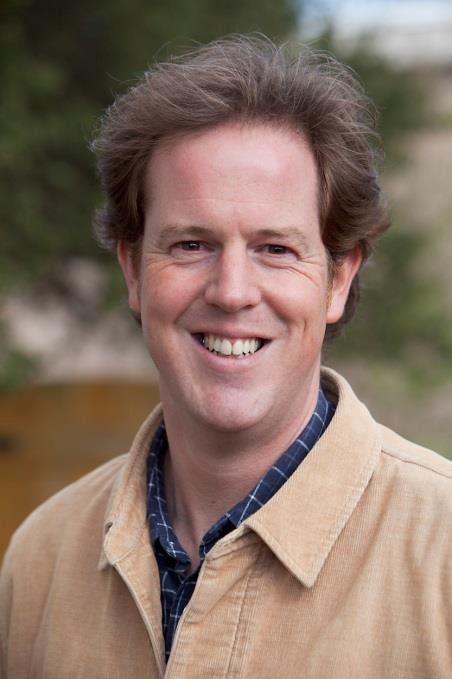
Dr Rob Ogden is Head of Conservation Genetics at the University of Veterinary School (R(D) SVS) and the Roslin Institute. His research as a conservation geneticist focuses on the production and application of molecular genetic data to inform species conservation, from intensively managed zoo populations through to wild population monitoring of terrestrial and aquatic species. Alongside conservation genetics he specialises in the development of techniques and international capacity for forensic science to support wildlife law enforcement. Rob is President of the Society for Wildlife Forensic Science (2015-2019), and a Director of TRACE Wildlife Forensics Network, a specialist NGO operating widely in Africa and Southeast Asia.
He has a strong commercial background, having co-funded two successful biotech companies and worked in the molecular diagnostics industry. In the non-profit sector he has been Head of Science and more recently Director of Conservation at the Royal Zoological Society of Scotland, where he led the establishment of a conservation genetics laboratory while developing the Society’s strategy for conservation science, field programmes and education.
Rob is recognised as an advisor to the UN Office on Drugs and Crime for whom he has been employed as a senior consultant and regularly participates in wildlife forensic expert group meetings. He is also a member of the IUCN Conservation Genetics Specialist Group. In academia, he is a visiting professor at Kyoto University’s Wildlife Research Centre, Japan and holds an honorary research post at Bangor University, UK. He has over 50 peer-reviewed publications with more than 2000 citations.
Rob aims to continue the development, application and promotion of cutting-edge science to biodiversity conservation, through leading novel research, managing conservation programmes and engaging at the interface of conservation science and policy.
Professor Beth Scott
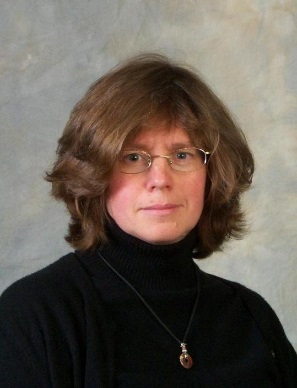
Beth Scott is a Professor in Marine Ecology. She conducts multi-disciplinary research using her expertise in marine ecology, oceanography and fisheries sciences. Her research identifies general rules in bio-physical oceanographic processes that lead to the creation of hotspots of biodiversity and predator-prey activity. Specifically, her research group defines biological and physical variables that provide the limited, patchy locations and conditions where energy is transferred across trophic levels in marine food webs. Her research team uses approaches ranging from the collection and use of fine scale (second by second) information throughout the water column as well as the analysis of large scale (100s or km) long term data sets on spatial and population dynamics. Both scales of information are also used within simulation modelling methods which are agent based.
Recently her research portfolio has been focused on the understanding of the effects of marine renewable energy systems on multi-trophic interactions and the methods for co-developing a Marine Spatial Planning (MSP) decision-support system with a range of stakeholders (industry, government, NGOs, etc) to better incorporate ecosystem service knowledge and values into effective policies.
Dr Jen Smart
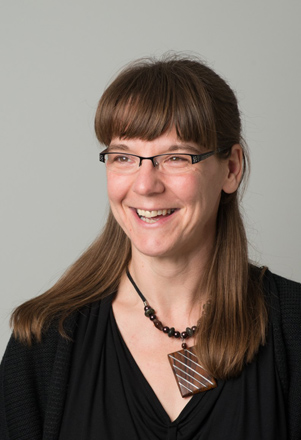
Jen works at the RSPB Centre for Conservation Science where she is Head of Conservation Science for Scotland & Northern Ireland, providing strategic leadership and support to a team of 15-20 scientists.
She has 26 years’ experience in conservation. Having gained a PhD at the University of East Anglia in 2006 on sea-level rise mitigation strategies for breeding redshanks she moved to the RSPB where she has 15 years’ post-doctoral experience in avian population ecology and applied conservation science. Her research has focused on testing solutions to conservation problems especially around breeding waders declines, agri-environment schemes and predation, though she has expertise in a range of species, habitat and conservation issues. She is passionate about science communication because of its importance for ensuring that science influences policy and practice. She has published over 40 scientific papers and reports. She hold an Honorary Lectureship at the University of East Anglia, and is Chair of the International Wader Study Group.
Dr Penelope Whitehorn
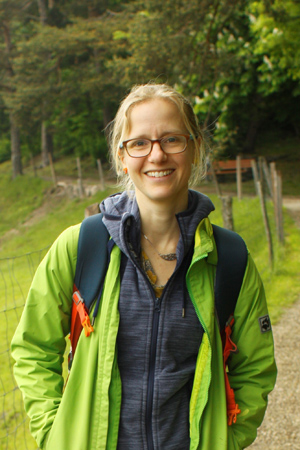
Penelope works for Highlands Rewilding Ltd. as Co-Chief Scientist, co-ordinating biodiversity monitoring and research across their rewilding sites. Penelope has over 20 years’ experience in conservation and research ecology. She completed her BSc in Zoology in 2003 (University of Edinburgh) and her MSc in Wildlife Biology and Conservation in 2005 (Napier University). She then worked for a number of conservation organisations in the UK, Eastern Africa and the US before completing a PhD at the University of Stirling, assessing the impacts of habitat fragmentation, inbreeding and parasites on bumblebees. She has since had 11 years of post-doctoral experience, including as an Alexander von Humboldt Research Fellow in Germany, researching the effects of climate and land use change on bumblebees and other pollinators. She has also worked as a contributing author on the IPBES regional assessment report on biodiversity and ecosystem services for Europe and Central Asia, and led a research study on ‘Mainstreaming Biodiversity’, involving a global review of 144 National Biodiversity Strategies and Action Plans.
Professor Ben Wilson
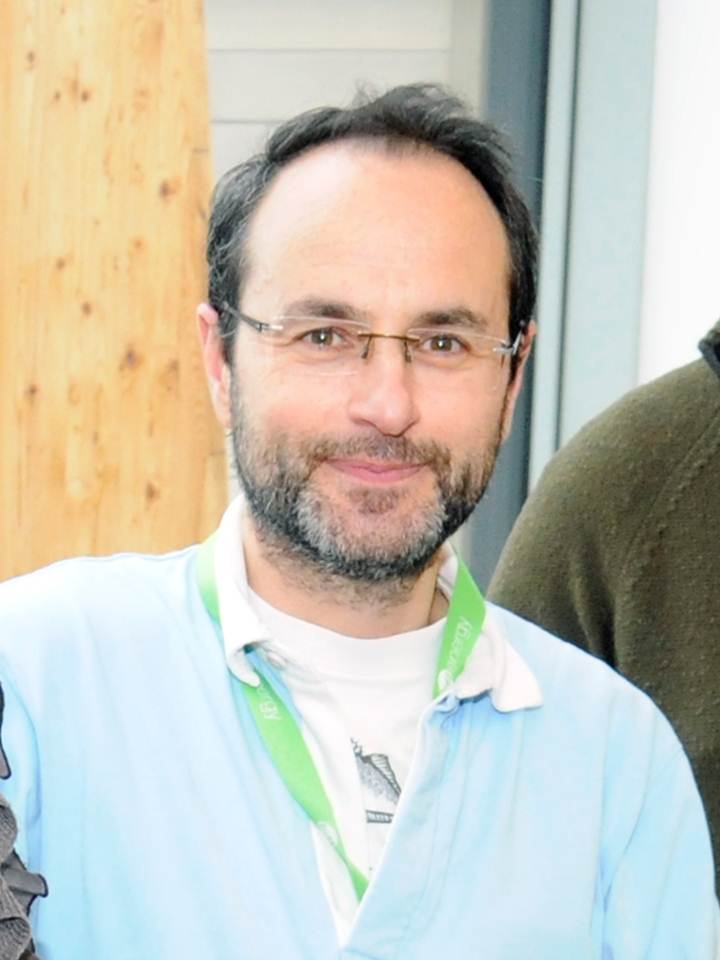
Ben Wilson is Professor of Energy at the University of the Highlands and Islands and the Scottish Association for Marine Science. He is interested in the ecological interactions between industrial activities at sea and marine vertebrates, particularly marine mammals and fish.
Ben's work on Scottish dolphins has involved long-running collaborations with biologists at the Universities of Aberdeen and St. Andrews.
His current research focuses on the acoustic interactions between sensitive species and renewable energy installations, fish farming and oil and gas decommissioning.
Ben has worked on fish, pinnipeds and cetaceans in a variety of countries but primarily Scotland, the US and Canada.
Dr Sarah Woodin
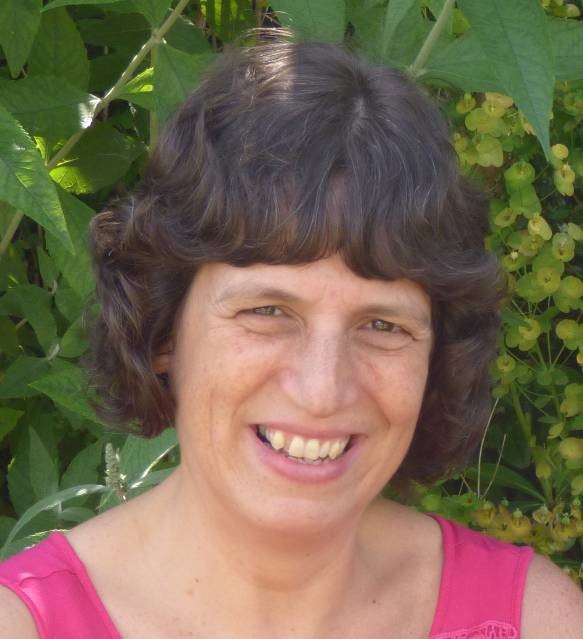
Sarah Woodin is a Reader in Plant Ecology in the School of Biological Sciences, University of Aberdeen. Her research interests are in the effects of drivers of change on native plant species, vegetation communities and ecosystem process in the British uplands and the Arctic. Sarah is involved in projects investigating ecological impacts of climate change, herbivory, land management practices and atmospheric nitrogen deposition, often in interaction with each other. Much of Sarah's research in Scotland is conservation based, undertaken in collaboration with NatureScot.
Sarah is also very involved in teaching and does her best to get undergraduate and masters students interested in plants! Sarah currently oversees the suite of Masters programmes which cover ecology, conservation, environmental science and marine science, at the University of Aberdeen.
